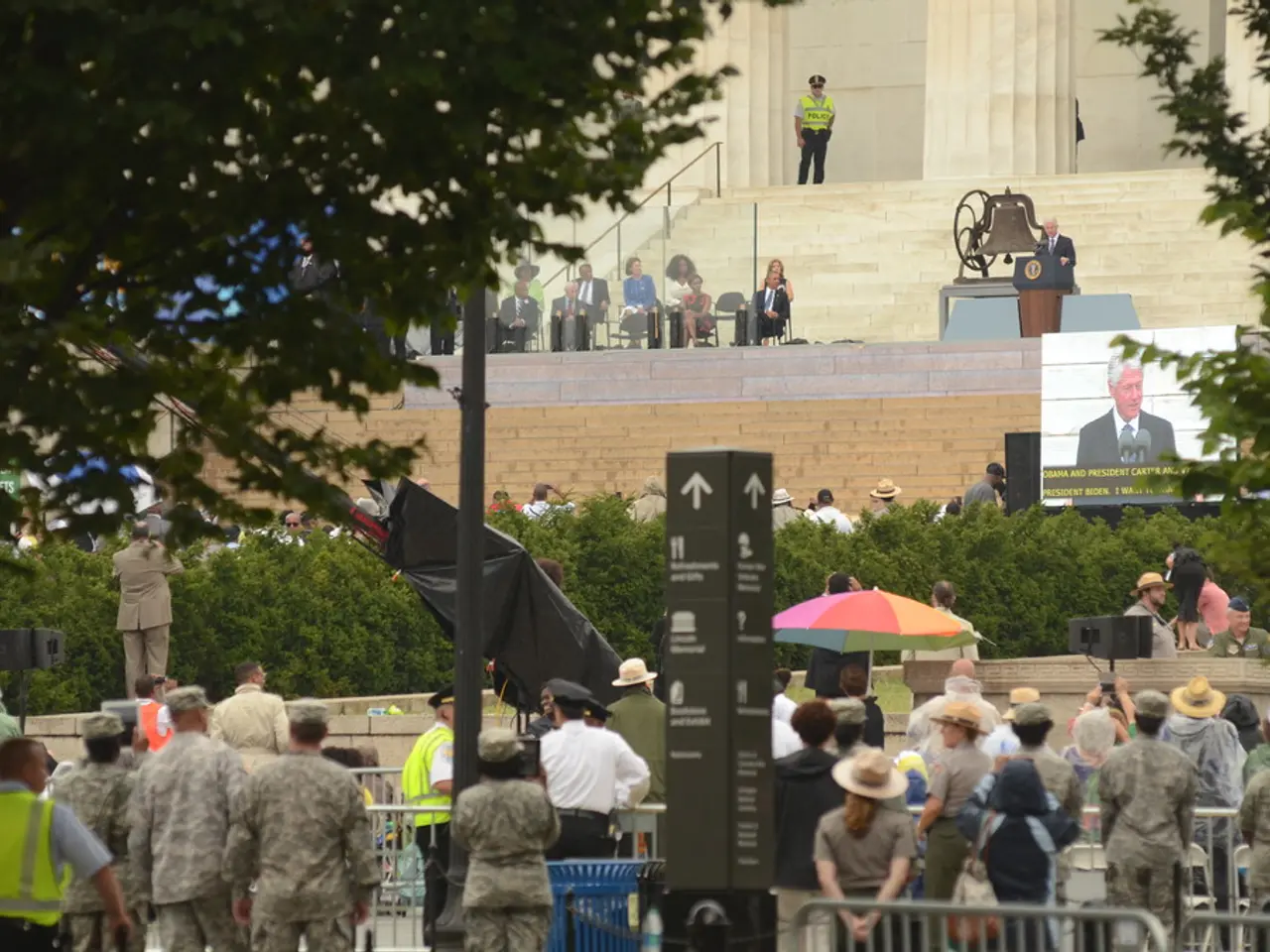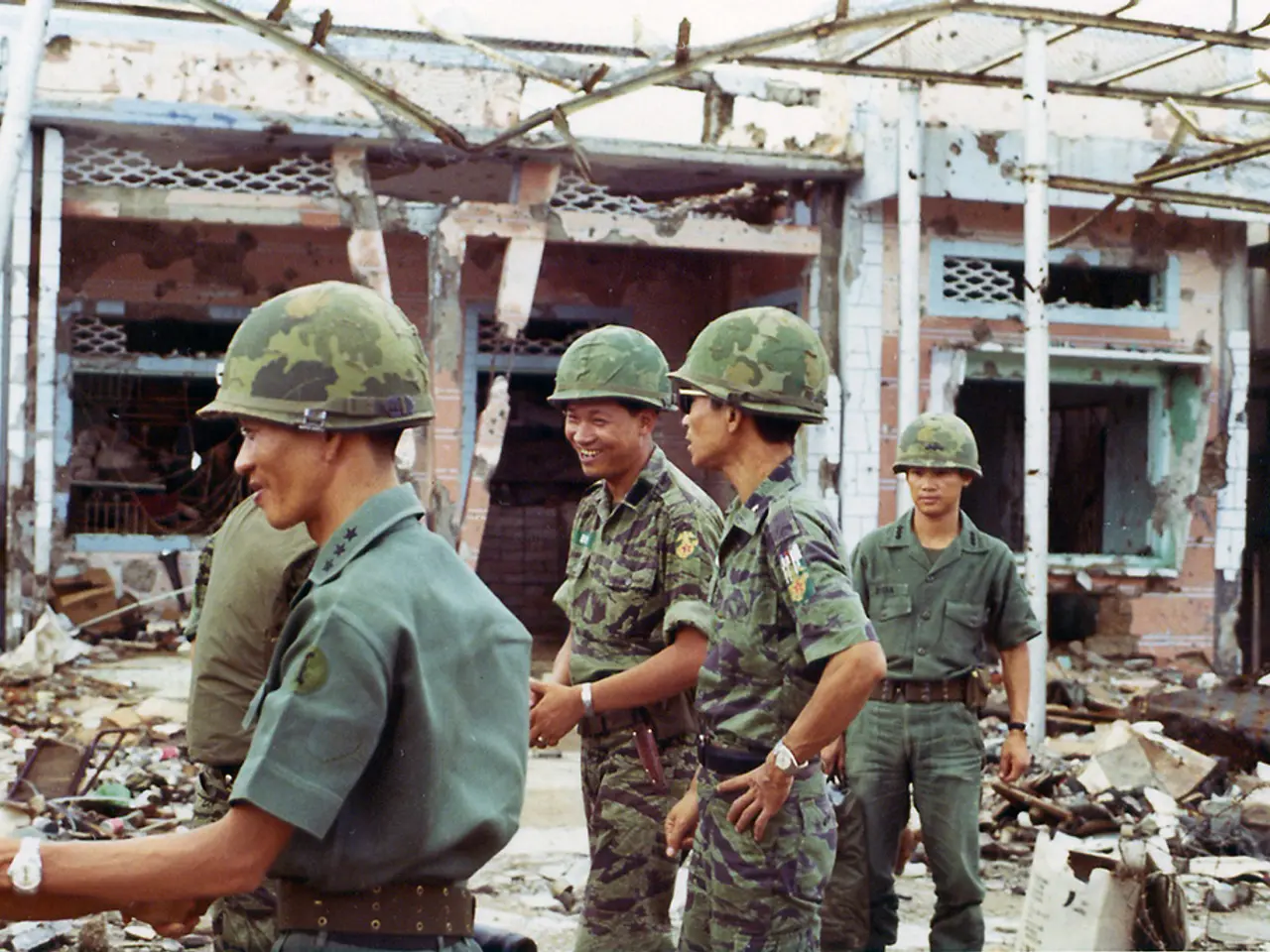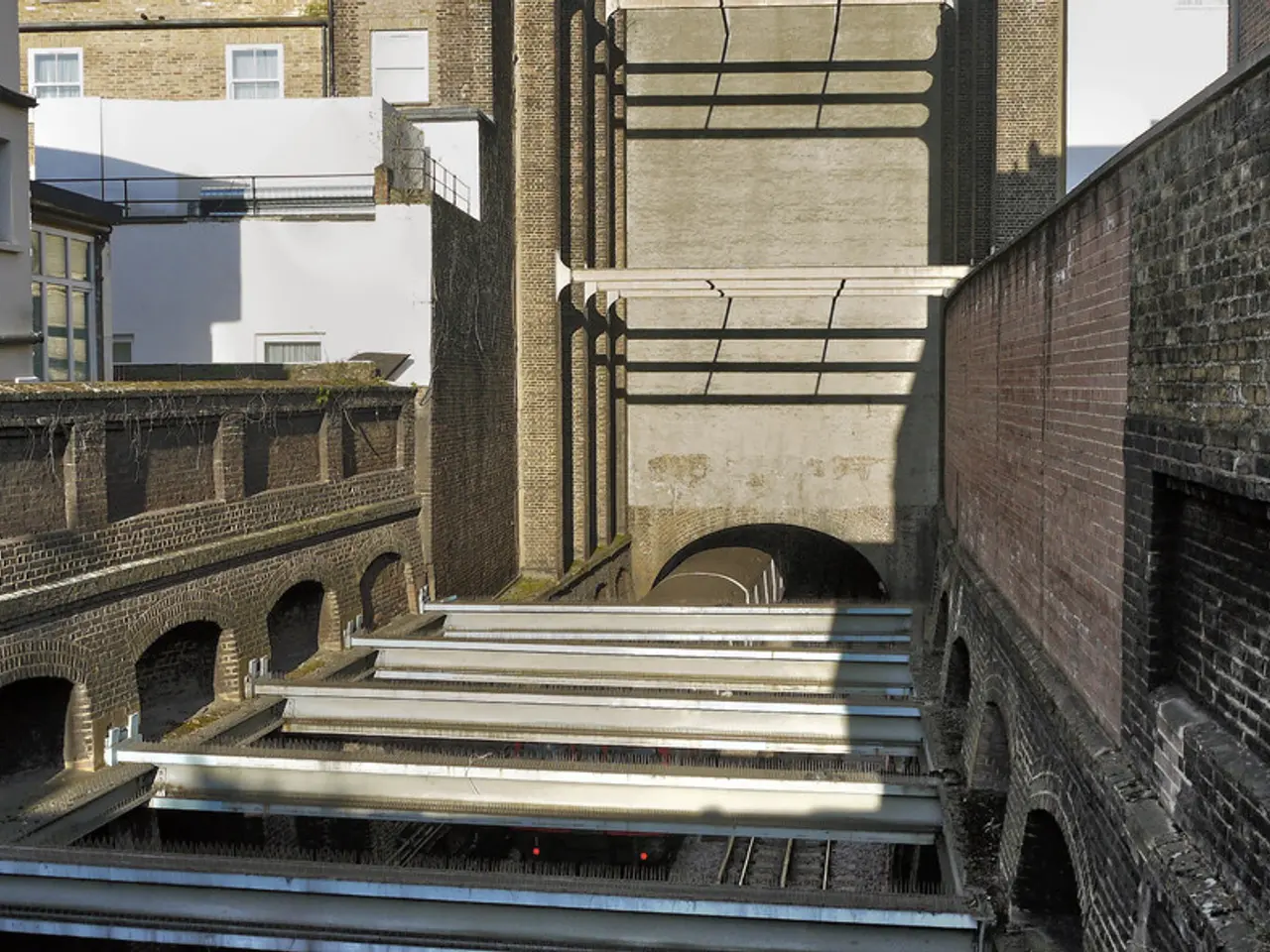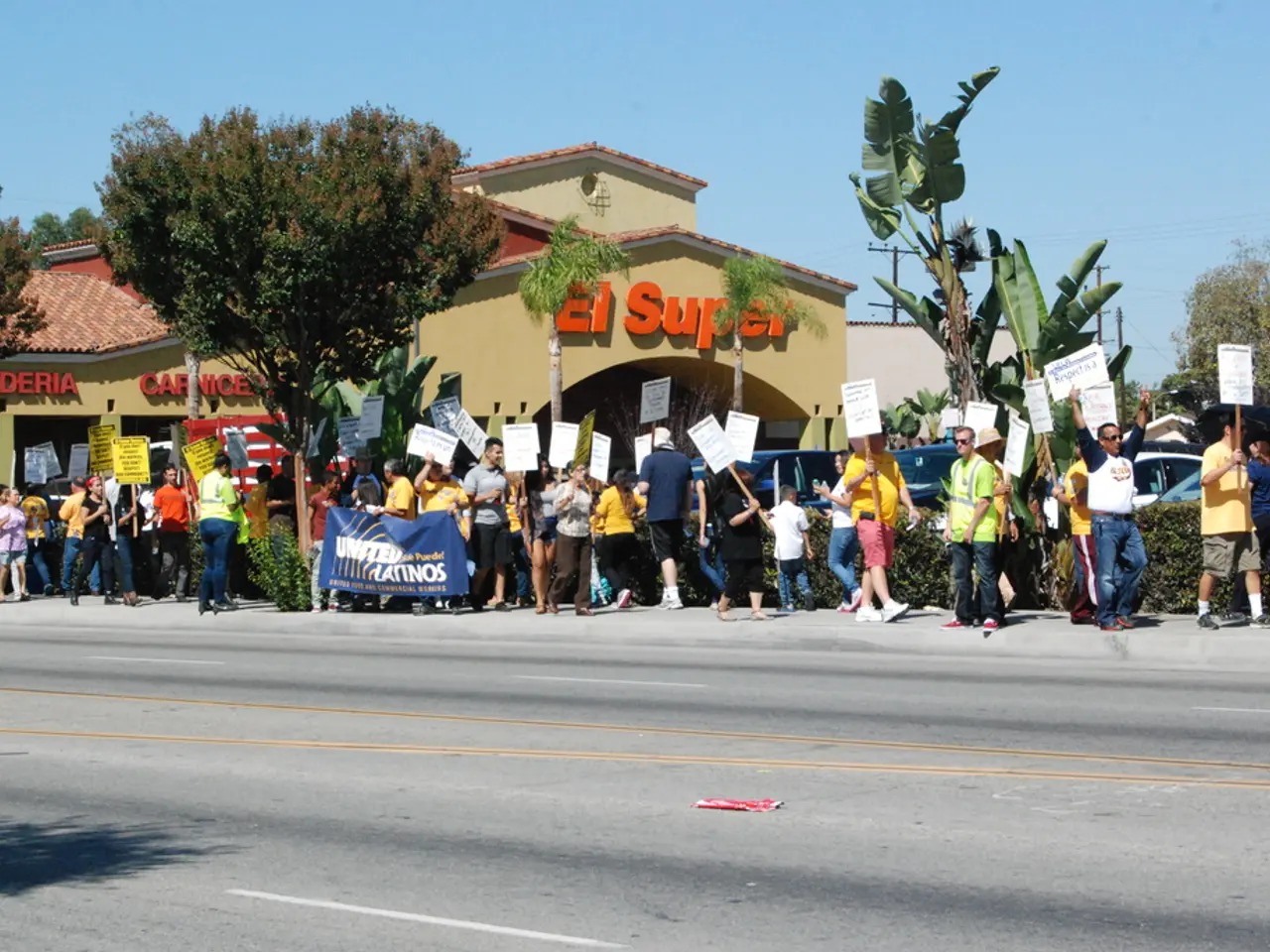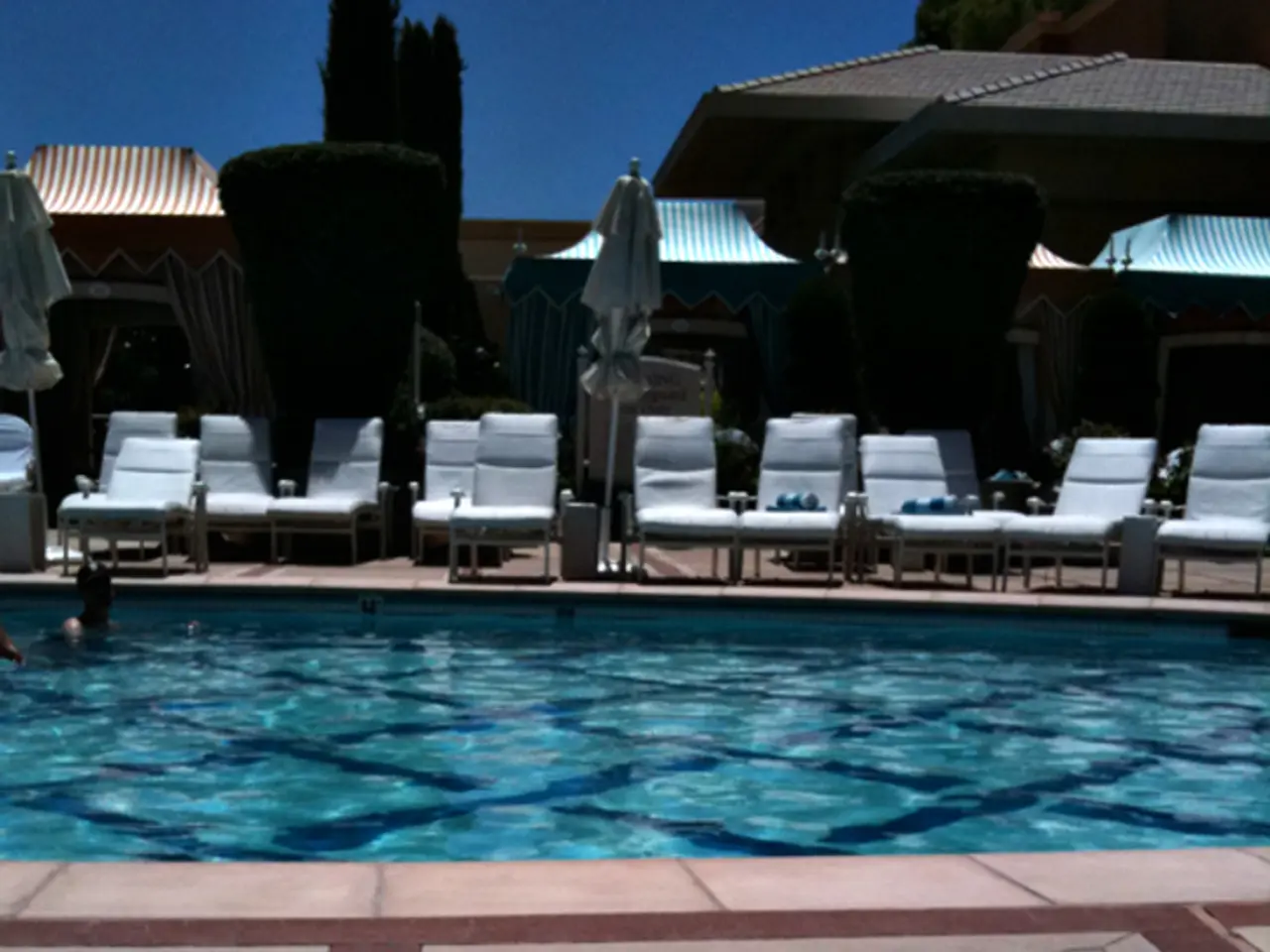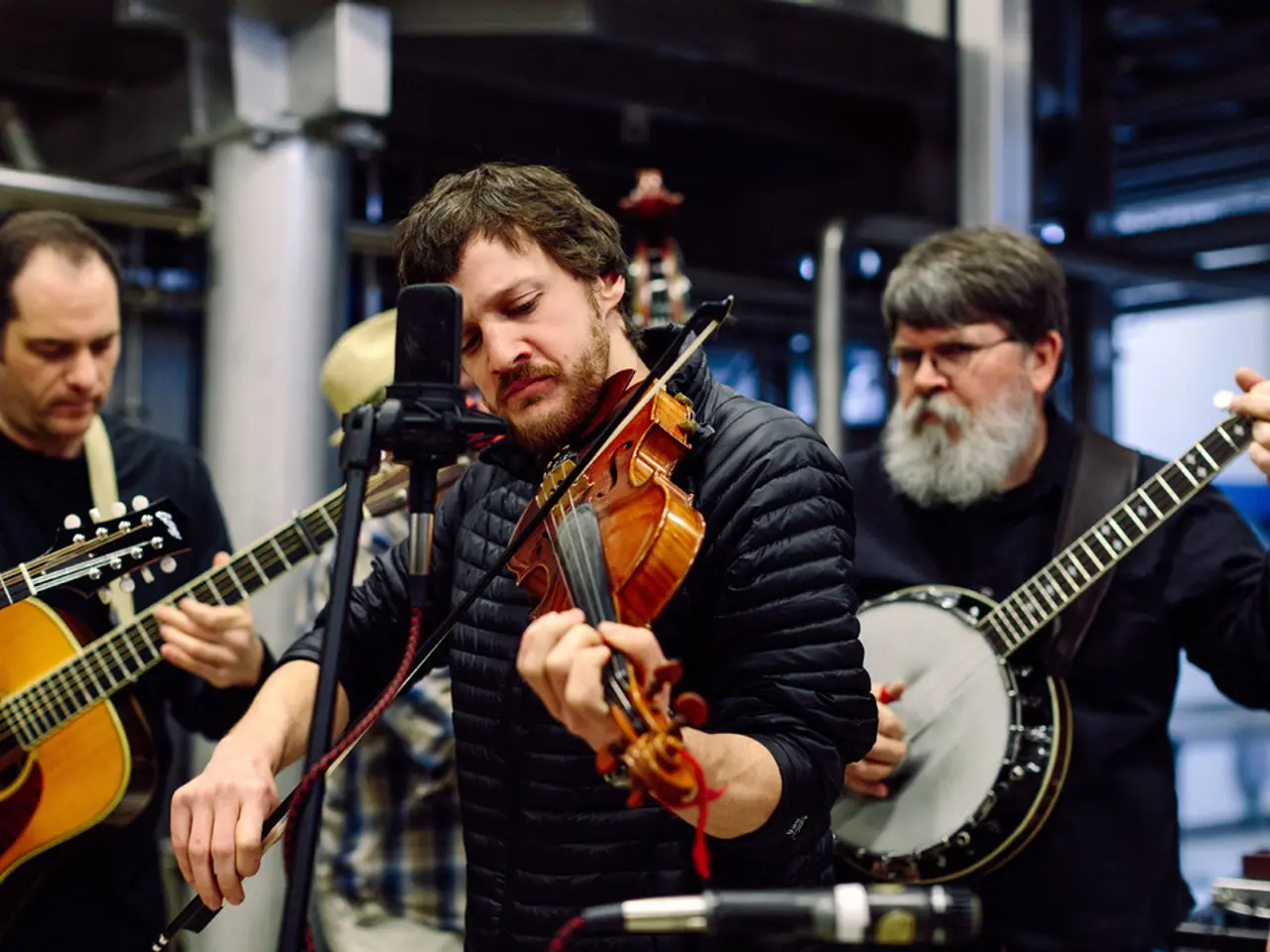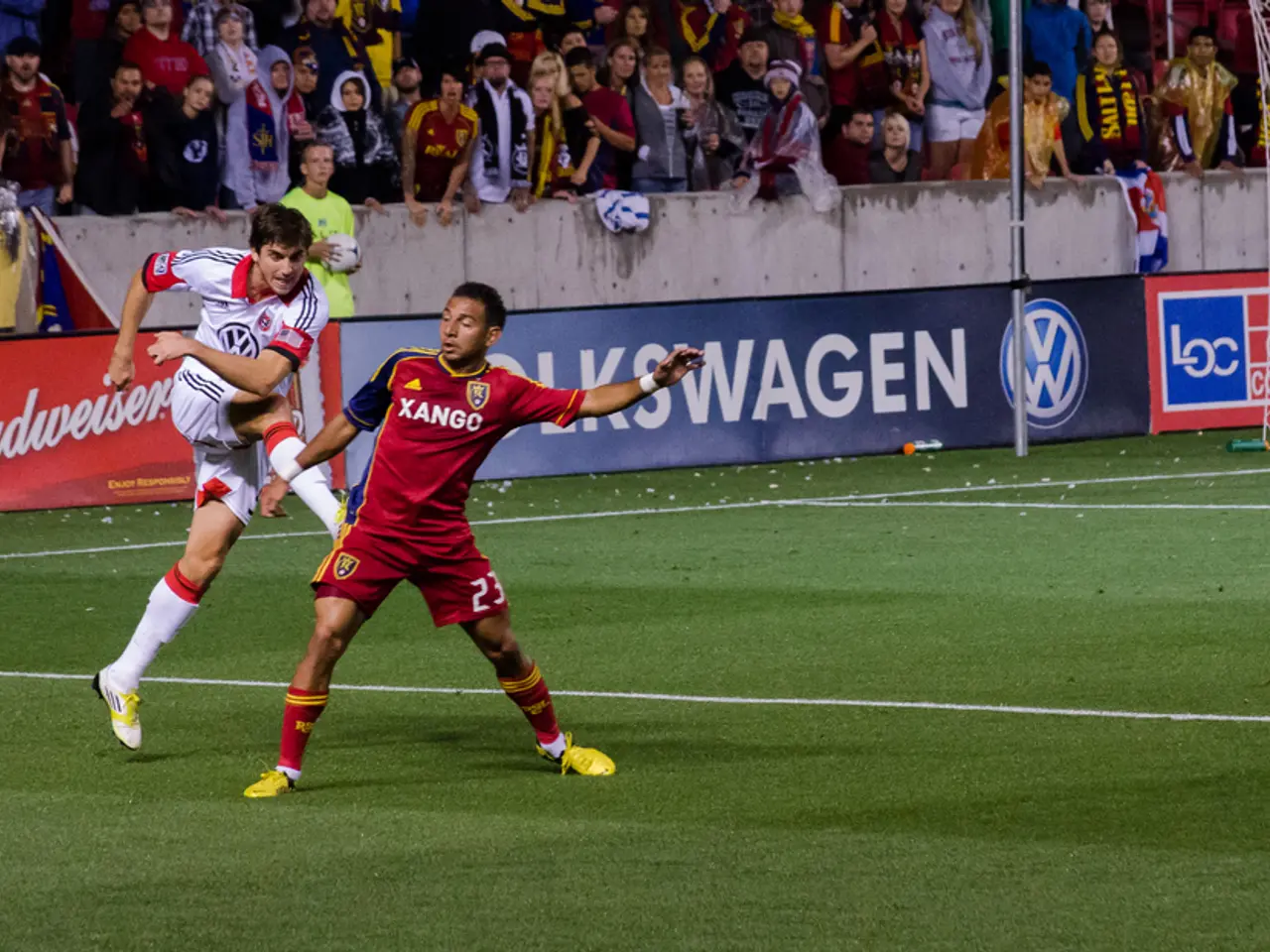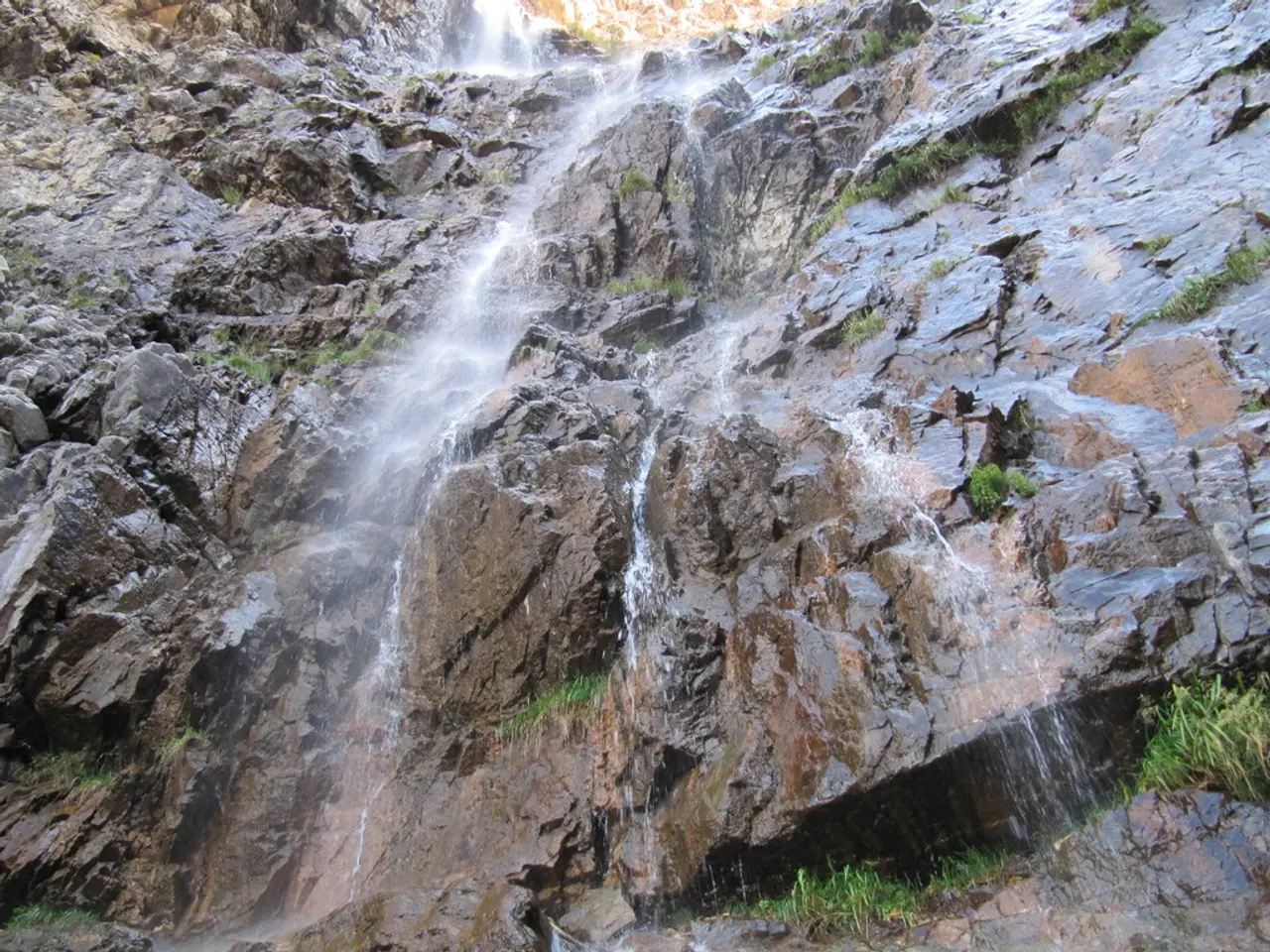Ivory Coast President Ouattara paves way for fourth term in office
In the heart of West Africa, Ivory Coast finds itself embroiled in political turmoil as President Alassane Ouattara announced his intention to seek a fourth term in office. This decision has been met with strong opposition, who argue that it violates the Ivorian Constitution and marks a new attack on democracy.
Ouattara's candidacy stems from constitutional changes he orchestrated in 2016, which effectively reset the term count and allowed him to run for a third term in 2020. In 2025, he further amended the constitution, removing term limits or reinterpreting them to enable a fourth term bid. However, the opposition vehemently rejects this interpretation, insisting the constitution was clear that presidents may serve only two terms, and Ouattara's third and fourth terms contravene these provisions.
Leaders such as Pascal Affi N'Guessan, former prime minister and president of the Ivorian Popular Front Party, have declared Ouattara's candidacy unconstitutional, labelling it anti-democratic. They argue that Ouattara had previously expressed a willingness to hand power to a new generation and cited exceptional circumstances only for a third term, not a fourth.
The opposition parties have been vocal in demanding election reforms and protesting against the barring of some opposition candidates from electoral lists, indicating significant political tensions. One such candidate, Tidjane Thiam of the PDCI-RDA, was disqualified despite renouncing his French nationality.
Former President Laurent Gbagbo, Charles Ble Goude, and Guillaume Soro have also been excluded from the election due to legal convictions or past political conflicts.
The Rally of Houphouetists for Democracy and Peace (RHDP), Ouattara's ruling party, has nominated him for the top job. Sekou Dao of the RHDP political council believes it would be disrespectful to the party's activists to select a different candidate at this late stage in the election.
Civil society organizations and religious figures, including the Catholic Bishops' Conference, have expressed deep concern about the increasing political polarization across the nation. The ongoing dispute regarding the exclusion of opposition candidates is reminiscent of the violent electoral conflicts of the past, such as the 2010-2011 crisis.
Over 8.7 million Ivorians are registered to vote in the upcoming election. The opposition is likely to seek other lawful means to oppose Ouattara's fourth term, with plans to challenge his candidacy in court.
Since the death of Felix Houphouet-Boigny in 1993, elections in Ivory Coast have historically sparked tensions, and there has been no peaceful transfer of power in 35 years of democracy. The fate of Ivory Coast hangs in the balance as the nation prepares for a potentially divisive election.
[1] BBC News (2021) Alassane Ouattara's fourth term bid sparks controversy in Ivory Coast. [online] Available at: https://www.bbc.com/news/world-africa-59192199 [2] Al Jazeera (2021) Ivory Coast: Opposition demands 'free and fair' elections. [online] Available at: https://www.aljazeera.com/news/2021/3/21/ivory-coast-opposition-demands-free-and-fair-elections [3] Reuters (2021) Ivory Coast opposition says Ouattara's fourth term bid unconstitutional. [online] Available at: https://www.reuters.com/world/africa/ivory-coast-opposition-says-ouattaras-fourth-term-bid-unconstitutional-2021-03-17/ [4] France 24 (2021) Ivory Coast: Opposition says Ouattara's bid for fourth term unconstitutional. [online] Available at: https://www.france24.com/en/africa/20210317-ivory-coast-opposition-says-ouattaras-bid-for-fourth-term-unconstitutional [5] The Guardian (2021) Ivory Coast: Ouattara's fourth term bid sparks protests and political tensions. [online] Available at: https://www.theguardian.com/world/2021/mar/19/ivory-coast-ouattaras-fourth-term-bid-sparks-protests-and-political-tensions
- The international community is closely monitoring the political conflict in Ivory Coast, as President Alassane Ouattara's decision to seek a fourth term in office has been met with strong opposition, sparking fears of war-and-conflicts and potential violations of democracy.
- The Africa Society, a think tank focused on policy-and-legislation and general-news, has highlighted the implications of Ouattara's candidacy, questioning whether his constitutional changes contravene the Ivorian Constitution and mark a new attack on democracy.
- Given the historical tensions surrounding elections in Ivory Coast and the ongoing dispute between the ruling party and opposition, journalists and reporters covering crime-and-justice are following this issue closely to determine if it could lead to further unrest.
- As 8.7 million Ivorians prepare to vote in the upcoming election, academics in the field of politics and migration have expressed concerns that the political turmoil could lead to migration patterns, with some potentially seeking refuge in neighboring countries.
- In response to the opposition's plans to challenge Ouattara's candidacy in court, civil society organizations, including rights groups and activists, have joined religious figures in advocating for a peaceful resolution to the conflict, emphasizing the importance of preserving democracy and upholding the rule of law in Ivory Coast.
